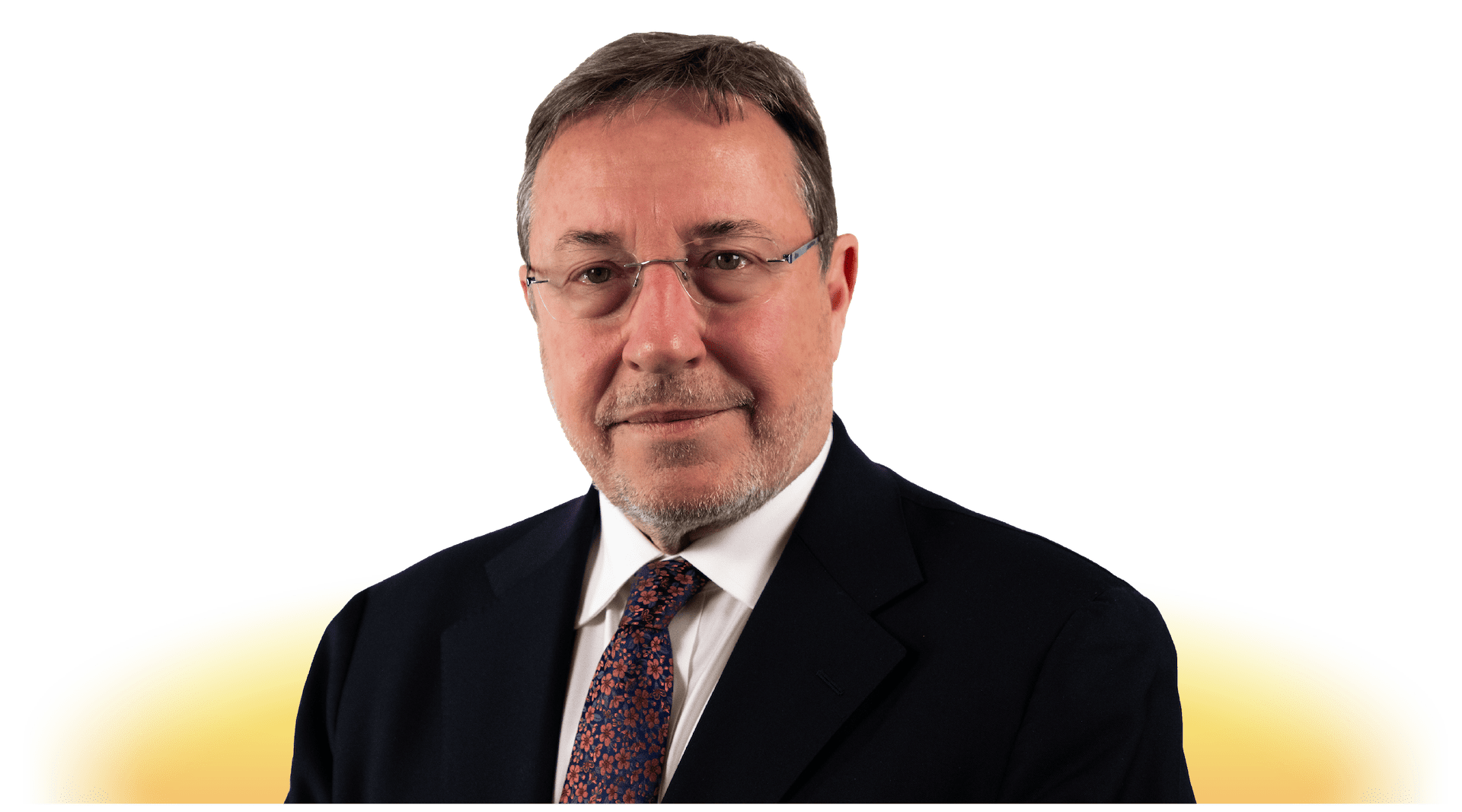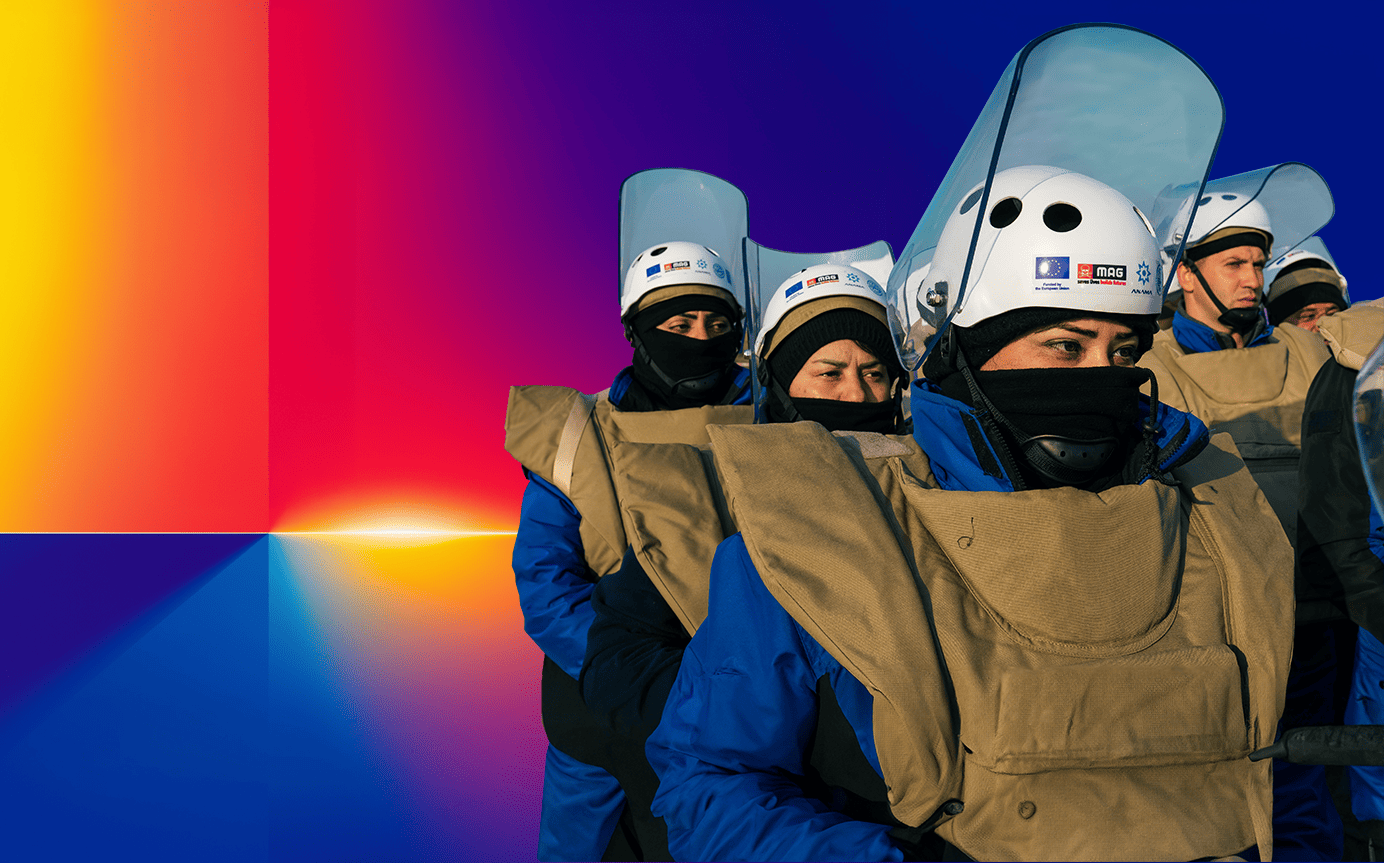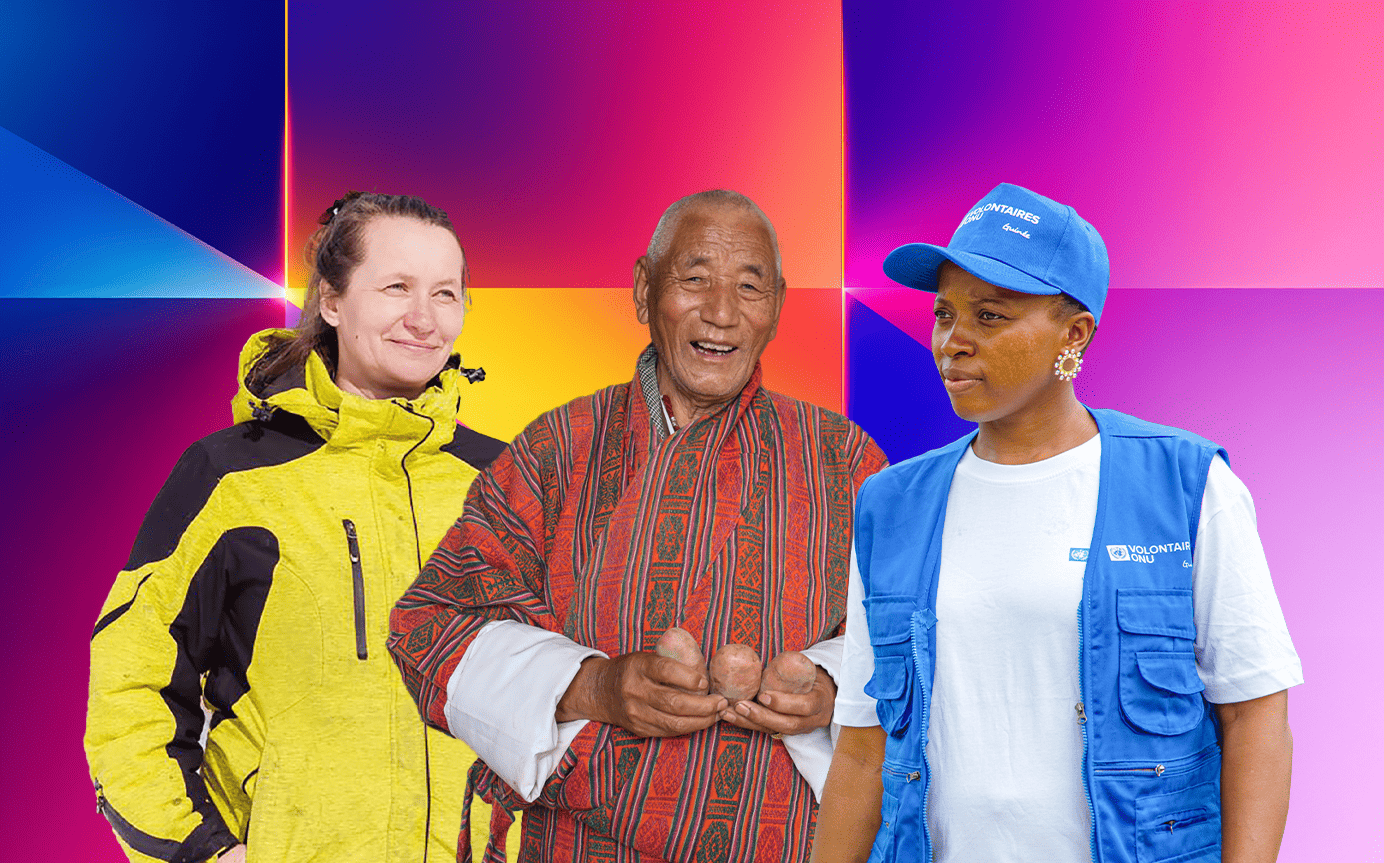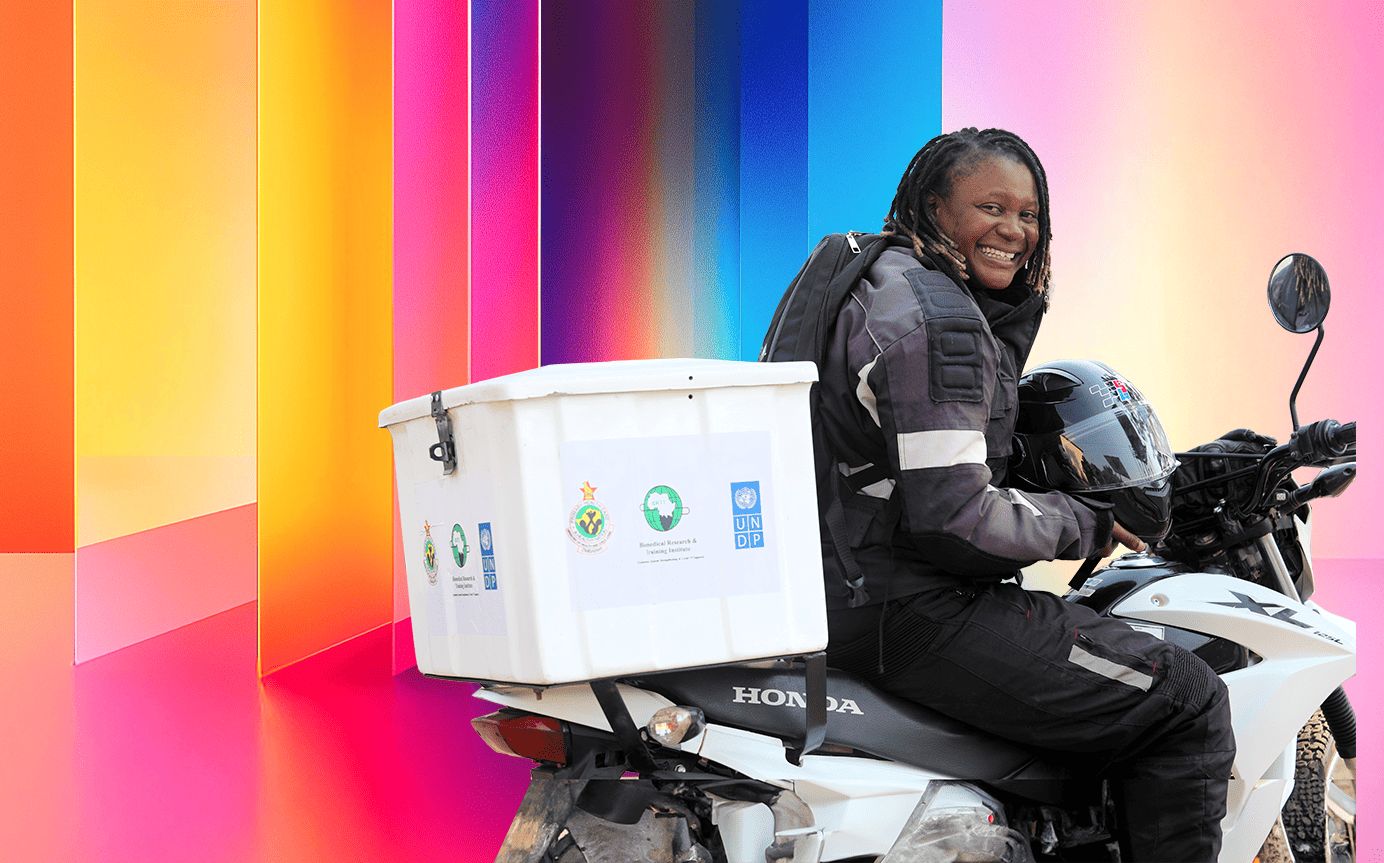Foreword
Development makes it possible
Just because something has never been done, doesn’t mean it can’t be done.
I write to you during disruptive and uncertain times. Confidence in international cooperation and multilateralism to solve global challenges is waning. A retreat from decades of investment in development is putting an architecture that has facilitated so much global progress under unprecedented pressure.
Resilience and embracing the possibilities of change are the hallmarks of an agile organization. UNDP’s 2024 Annual Report is a testament to both, and a powerful reminder that development cooperation has not failed, as some might claim. On the contrary, it has delivered extraordinary results over the past six decades: diseases eradicated, poverty rates at historic lows, life expectancy at record highs, millions more girls in school, and nearly 70% of the world’s population now connected online. These achievements are not accidents; they are the fruits of deliberate and sustained investment in development – both nationally and globally.
This report celebrates these stories of resilience and innovation. It highlights countries tapping into capital markets to fund sustainable growth; entrepreneurs harnessing digital tools to serve needs and new markets; businesses investing in green economies; and communities driving innovation amid uncertainty. These examples demonstrate that development works and that it transforms lives.
Read more Photo: Fouad Juez
Photo: Fouad Juez

Achim Steiner
Administrator
United Nations Development Programme
People and Planet
Performing with UNDP
Our presence
Global, Regional, Local
UNDP's 23,000+ personnel are working together across 170 countries and territories – for people and our planet.


 English
English




